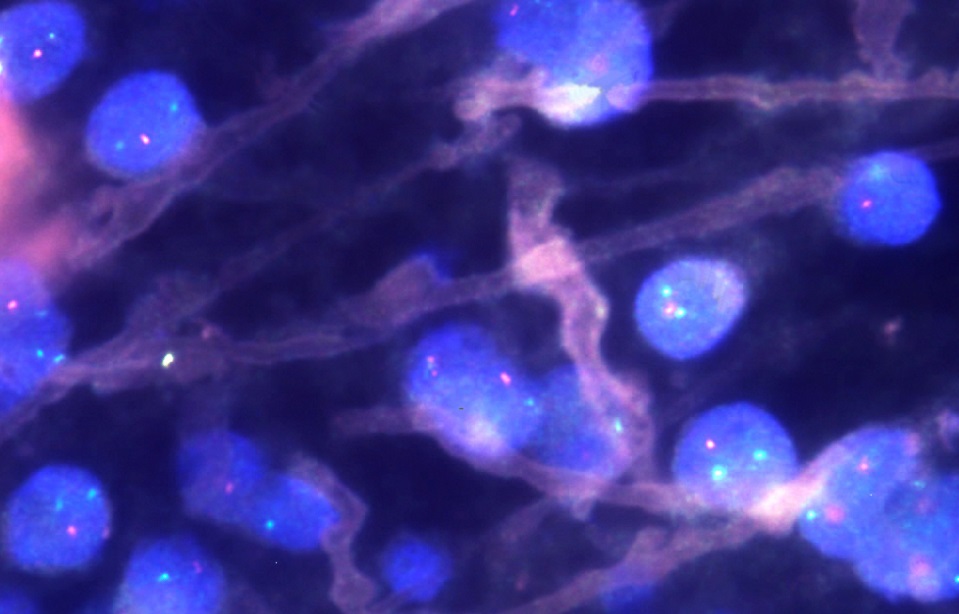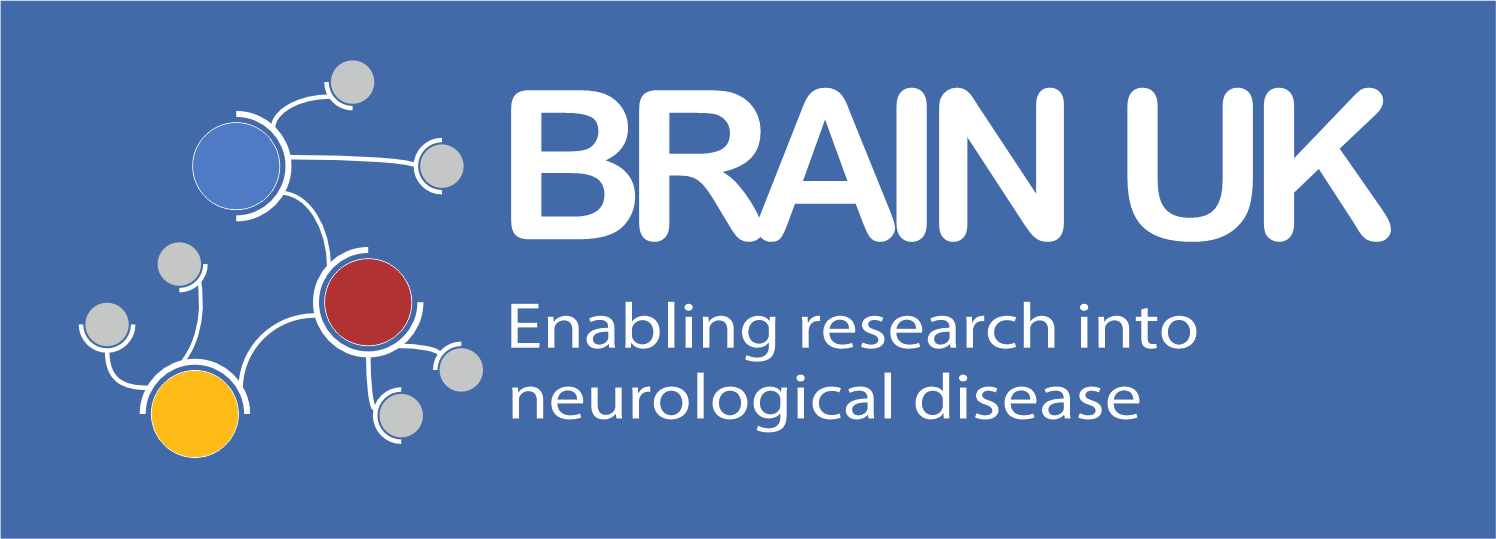
Brain UK study ref: 19/012,
Lay summary,
Project status: Closed
Impact of EZH2-regulated H3K27 methylation on microglial pro-tumoral activation in Diffuse Intrinsic Pontine Glioma
Prof Bertrand Joseph, Karolinska Institutet, Stockholm, Sweden
Diffuse Intrinsic Pontine Glioma (DIPG) are aggressive and primary high-grade tumors of the brain stem in children. Unfortunately, no cure exists and despite the treatment with radiotherapy the prognosis is dismal and the survival rate for patients remains very low. Primary high-grade tumors grow fast and infiltrate the surrounding tissue with the help of local immune cells, so called microglia. In the healthy brain, microglia support normal brain function and defend the brain during injury or infection. However, cancer cells can reprogram microglia and turn them into tumor-supportive cells, which facilitates the escape from the immune system and promotes the progression of the disease.
The overall aim of our work is to understand the exact contribution of microglia to DIPG occurrence and progression. This knowledge could be used to reverse the pro-tumoral function of microglia and to rekindle their role as guardians of the brain. DIPG tumors are characterised by a very specific gene mutation (known as H3K27M), which affects the expression of multiple genes and biological functions of cells that carry the mutation. More specifically the H3K27M mutation can block the function of the enzyme EZH2. Under normal circumstances EZH2 can induce distinct gene expression patterns in microglia and thereby change their behaviour. Using a cell culture model, we could demonstrate that the pharmaceutical inhibition of EZH2 in microglia reduces their ability to boost the migration and invasive capabilities of DIPG cancer cells. This suggests that the inhibition of EZH2 in microglia could be of interest to combat DIPG tumour progression. To validate this potential therapeutic target, we need to address whether or not microglia within the DIPG tumor carry the H3K27M mutation. This question can only be addressed using brain tissue from DIPG patients, and therefore our request to the Brain UK.
